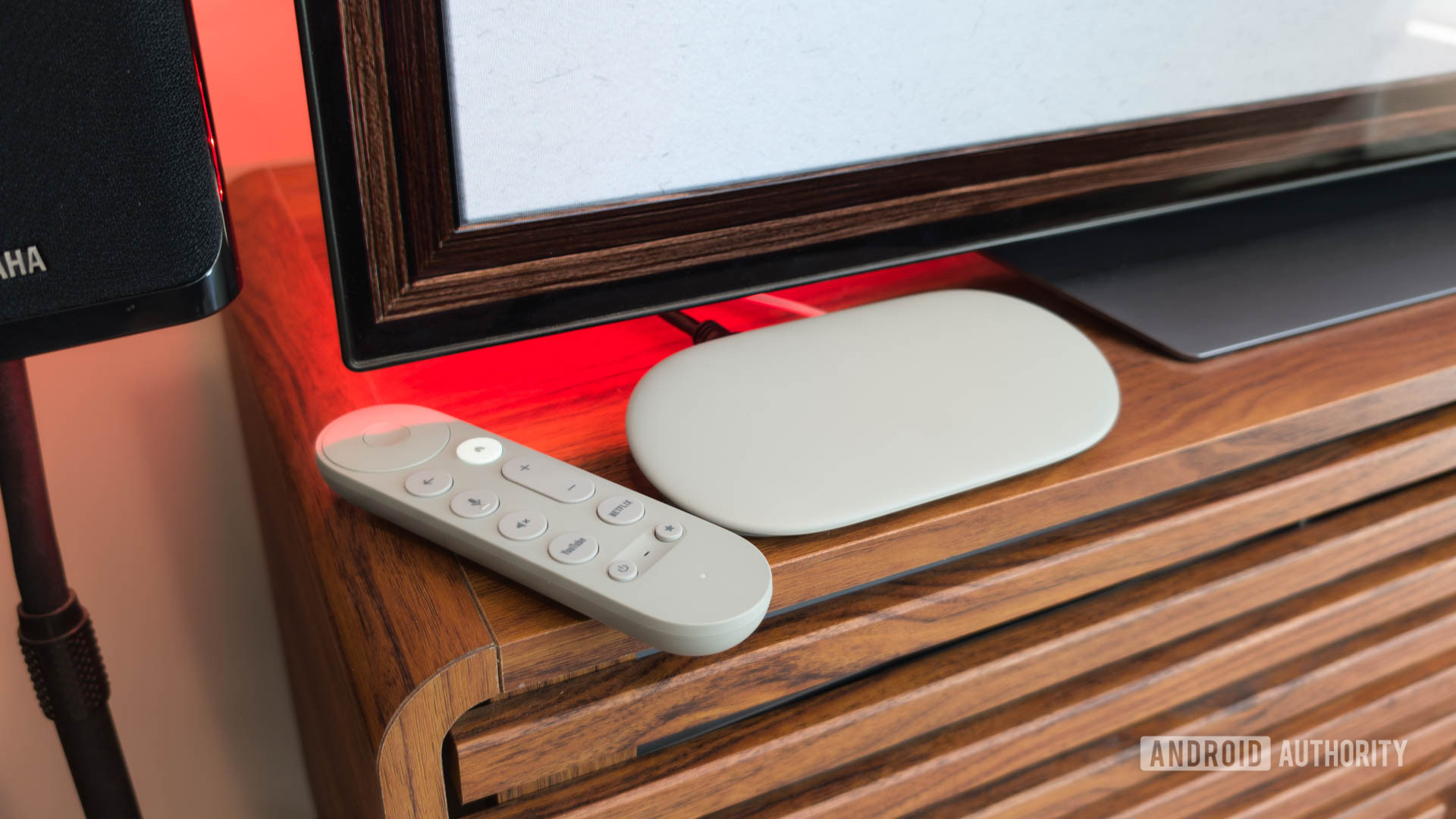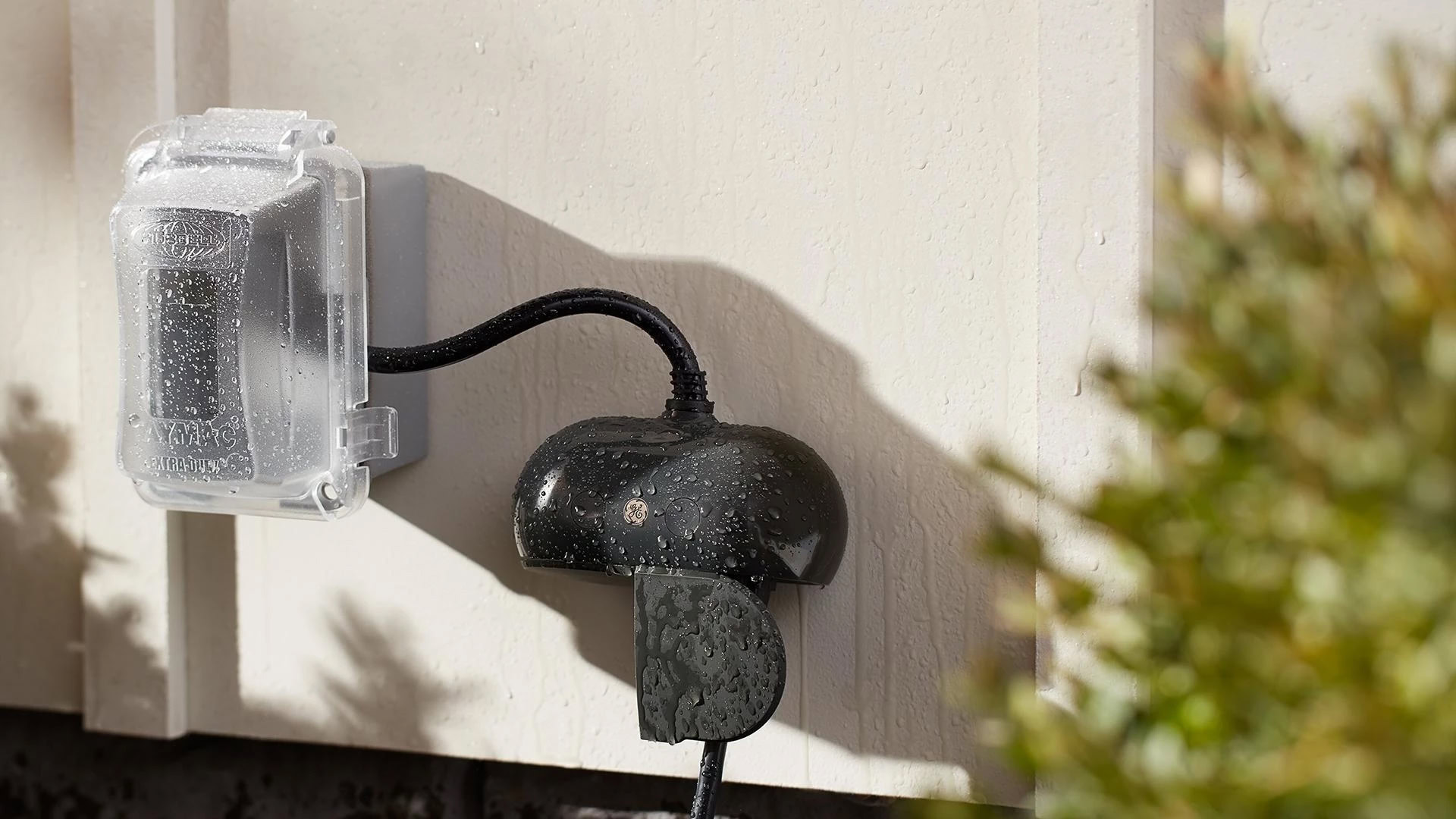Deep Sleep and Relaxation Techniques
In today's busy world, achieving deep, restorative sleep can be challenging for many. A lack of quality sleep can leave you feeling drained, irritable, and unproductive, whether it's due to stress, anxiety, or lifestyle habits.
In today's busy world, achieving deep, restorative sleep can be challenging for many. A lack of quality sleep can leave you feeling drained, irritable, and unproductive, whether it's due to stress, anxiety, or lifestyle habits.
Deep sleep, the stage of the sleep cycle where the body and mind genuinely recharge, is essential for maintaining good health and well-being. The good news is that several relaxation techniques and tools are available to help you achieve deep sleep naturally. One such tool is the acupressure strap, which can effectively promote relaxation and enhance your sleep quality.
The Importance of Deep Sleep
Deep sleep is often referred to as slow-wave sleep, the most restorative stage of the sleep cycle. During this time, the body's repair processes are most active, muscles relax, the immune system strengthens, and the mind consolidates memories and processes emotions.
Without sufficient deep sleep, your body doesn't have enough time to recover, affecting everything from your energy levels to your emotional balance.
Unfortunately, many people struggle to reach deep sleep due to stress, discomfort, or poor sleep habits. Fortunately, by practicing relaxation techniques, you can improve your ability to fall into and maintain deep sleep.
Relaxation Techniques for Deep Sleep
Progressive Muscle Relaxation (PMR)
Progressive muscle relaxation is a technique that involves tensing and relaxing muscle groups throughout the body. By focusing on different areas, you can release tension and promote a state of calm, making it easier to fall into deep sleep. This method can be beneficial if stress or anxiety prevents you from relaxing enough to sleep soundly.
Deep Breathing Exercises
Breathing exercises can activate the parasympathetic nervous system, which helps the body relax and reduce stress levels. Techniques such as deep belly breathing or the 4-7-8 method (inhaling for 4 seconds, holding the breath for 7 seconds, and exhaling for 8 seconds) can calm your mind and prepare you for restful sleep.
Visualization and Meditation
Visualization involves imagining peaceful scenes or focusing on calming thoughts, while meditation helps clear the mind of racing thoughts. These techniques help relax the mind and body, making it easier to transition into deep sleep. Guided meditation apps or sleep stories can also provide a structured approach to winding down.
Aromatherapy
Certain essential oils, such as lavender and chamomile, have calming properties that can help reduce anxiety and promote relaxation. Diffusing these oils before bed or in a warm bath can create a soothing environment that encourages deep sleep.
How the Acupressure Strap Helps Achieve Deep Sleep
One of the most effective ways to enhance deep sleep is to use an acupressure strap, a tool designed to target specific acupressure points on the body. Acupressure, based on the principles of Traditional Chinese Medicine, involves applying gentle pressure to specific points along the body's meridian lines. This helps balance the body's energy, reduce stress, and promote relaxation.
The acupressure strap works by applying targeted pressure to acupressure points on the wrists, ankles, or other areas, depending on the design of the strap. By wearing the strap for a short period before bedtime, users can experience significant relief from tension and anxiety, both of which are common obstacles to deep sleep.
The acupressure strap helps activate the body's natural relaxation response, triggering the release of endorphins and oxytocin—hormones known for their calming effects. This helps alleviate physical discomfort and promotes a sense of emotional well-being, making it easier to enter a peaceful state before sleep.
Many users report that wearing an acupressure strap during bedtime helps them unwind and prepare their bodies for deep rest. The strap can also improve blood circulation, reduce muscle stiffness, and alleviate any aches or pains that might prevent restful sleep by stimulating the acupressure points.
Conclusion
Deep sleep is essential for maintaining physical and mental health, but achieving it can be challenging for many. By incorporating relaxation techniques such as progressive muscle relaxation, deep breathing exercises, and meditation, you can create the ideal conditions for restful sleep.
Additionally, tools like the acupressure strap can be particularly effective in helping you achieve deep sleep by promoting relaxation, relieving tension, and calming the mind. Integrating these techniques and tools into your nightly routine can significantly improve your sleep quality, leaving you feeling refreshed and energized each morning.
What's Your Reaction?
 Like
0
Like
0
 Dislike
0
Dislike
0
 Love
0
Love
0
 Funny
0
Funny
0
 Angry
0
Angry
0
 Sad
0
Sad
0
 Wow
0
Wow
0

















































